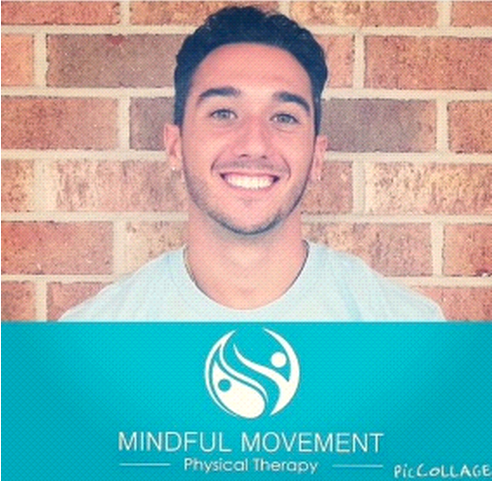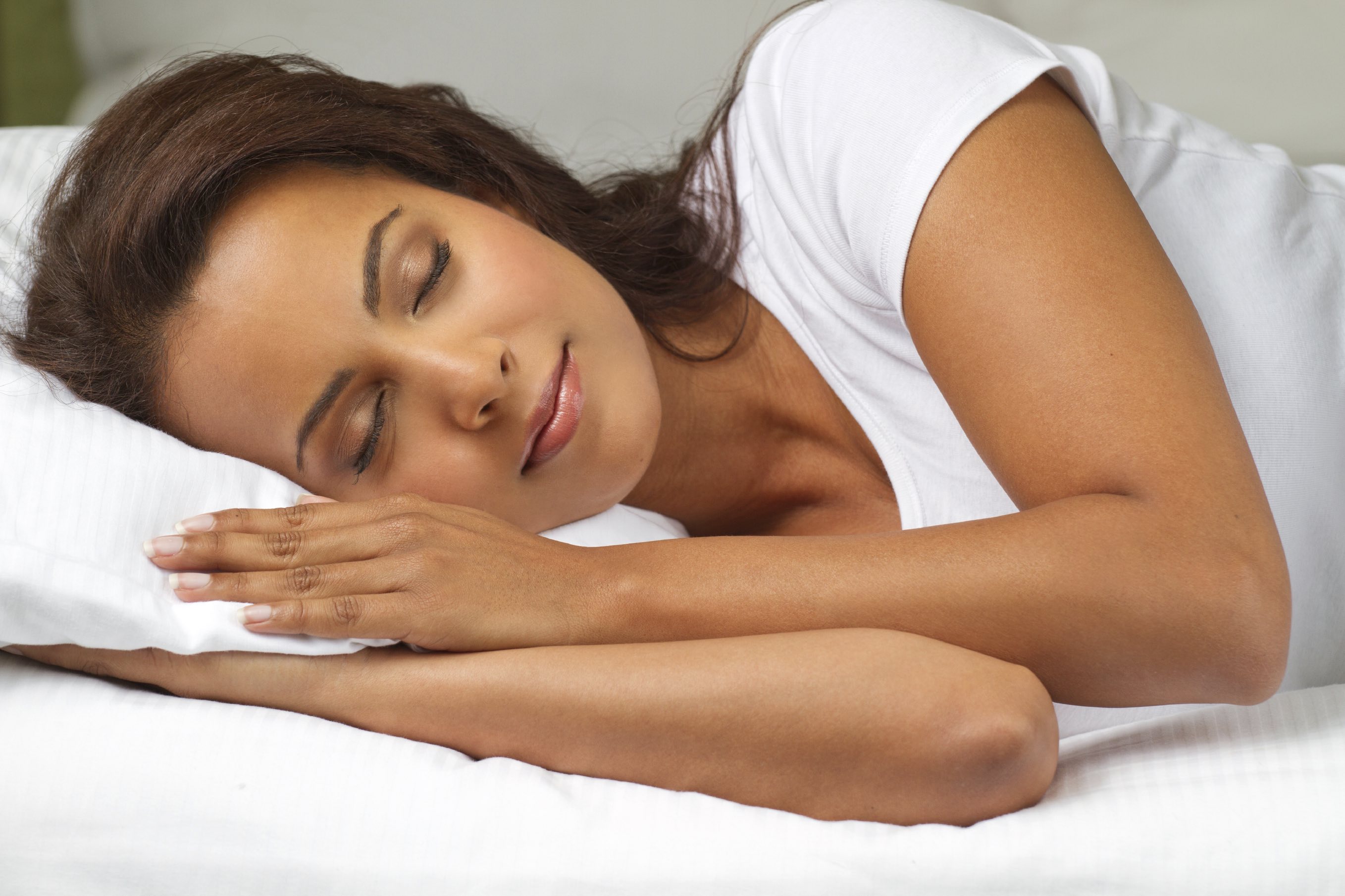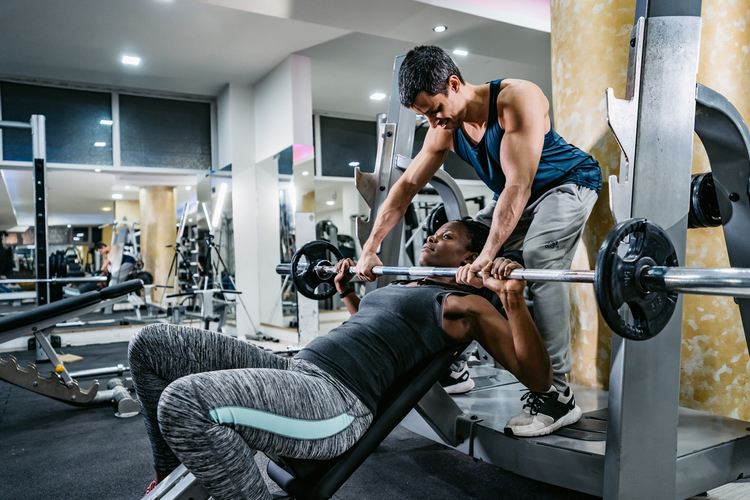5 Ways to Get a Better Night
We’ve all had those sleepless nights. You know the ones where you’re tossing and turning, staring at the clock and counting down the hours until you have to get up for the long day ahead. The nights where you climb into bed exhausted but can’t seem to stop your mind from racing about what happened during the day and what is going to happen in the upcoming week or month or year. Well, finally you do fall asleep and manage to get a measly 3 hours. You wake up even more tired than you were before you fell asleep and are sluggish, unfocused, and have no tolerance for any inconvenience that may (and most likely will) pass your way. Sleep is a crucial part of our health and is something that deserves a little bit more attention than it is typically given.
The average healthy person requires 7 to 9 hours of sleep per night in order to feel well rested and refreshed. Some people may be able to function on 6 hours while others require as many as 10! The benefits of sleep are numerous. Proper sleeping habits have been directly related to longer life spans, improved memory, decreased inflammation, improved mental alertness, increased athletic performance, decreased risk for diabetes and heart disease, and a stronger immune system. People who regularly sleep poorly or for an inadequate amount of time have an increased risk for diabetes and heart disease as well as decreased sex drive, depression, and increased forgetfulness. Lack of sleep or poor quality of sleep has also been associated with advanced rate of aging of your skin, weight gain, and moodiness.
Below are some tips and tricks to improve your sleep. Give them a try so you can wake up refreshed, energized, and ready to tackle all challenges that come your way.
1. Your Bed is Made for Sleeping! If you are having trouble sleeping, it may be because you are spending too much time in bed. It is important to train your brain and your body that when you get into bed it is for sleeping only. This means no hanging out, watching TV, or eating in bed. Condition your body to know that when you get in to bed it’s for one reason and that’s to sleep!
2. Decrease the amount of Caffeine/Stimulants you drink daily. Caffeine is the most widely used drug throughout the world. The average adult drinks ~3 cups of coffee per day, add some pre-workout drinks in before activity and that is a recipe to keep you moving and your body in a constant state of stress. Drinking caffeinated beverages regularly will amp you up and keep you up making it difficult to relax at the end of your day.
3. Turn the lights down….All of the lights! It is hard to prepare your body for sleep when your room is lit up like Times Square in NYC. The light acts as a stimulant to your brain and triggers increased activity. This goes for your cell phone and television as well. The bright lights from your TV and cell phone keep your brain active and prevent you from turning in and turning out. Create a time each night where you shut off all electronics and strictly adhere to that schedule.
4. Create an environment prime for sleeping. Make sure your bed is comfortable, your pillows are comfortable, and the room temperature is set to the cooler side (Approximately 68˚). Take a cool/cold shower before bed to help decrease your body temperature. As we sleep our body temperature struggles to find its “set point”, being in a cooler environment rather than warmer makes this process much easier and allows you to fall asleep more quickly and stay asleep.
5. Breathe! Once you are in bed and finally done with your day it is often most challenging to turn off your mind. You can lie in bed exhausted but on some nights it may seem impossible to stop your mind from thinking of everything and anything. One way to slow your thoughts down and eliminate that mental clutter is to breathe. You want to breathe in such a way where you’re breathing through your belly instead of through your chest. You want to inhale for a count of 5 seconds slowly and deeply by engaging your diaphragm. Hold your breath for 2 seconds and exhale for 5 seconds. Your mind will wander but keep bringing it back to your breathe. After breathing in this manner for several minutes you will engage your parasympathetic nervous system, one of the main systems responsible for relaxation.

Dr. Jeremy L. Cohen, PT, DPT PES is the Owner/Director of Physical Therapy and Performance Enhancement Specialist at Mindful Movement Physical Therapy in Staten Island, New York.



